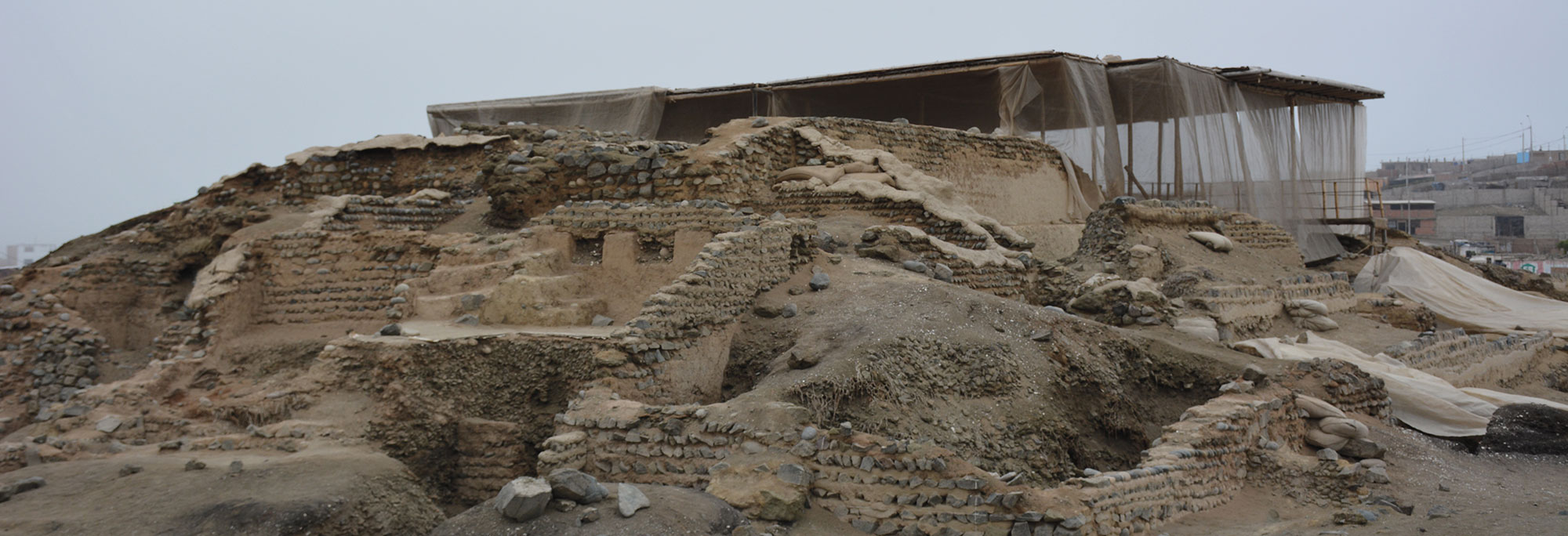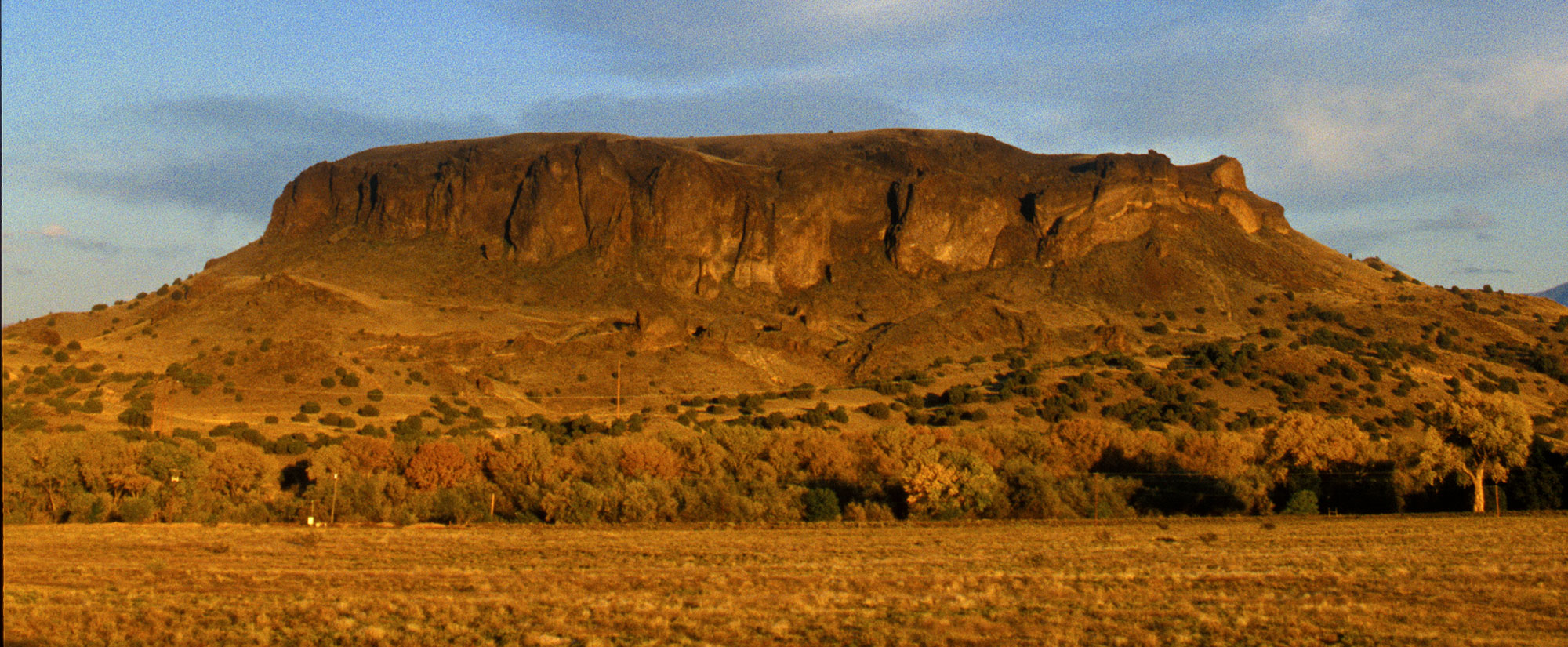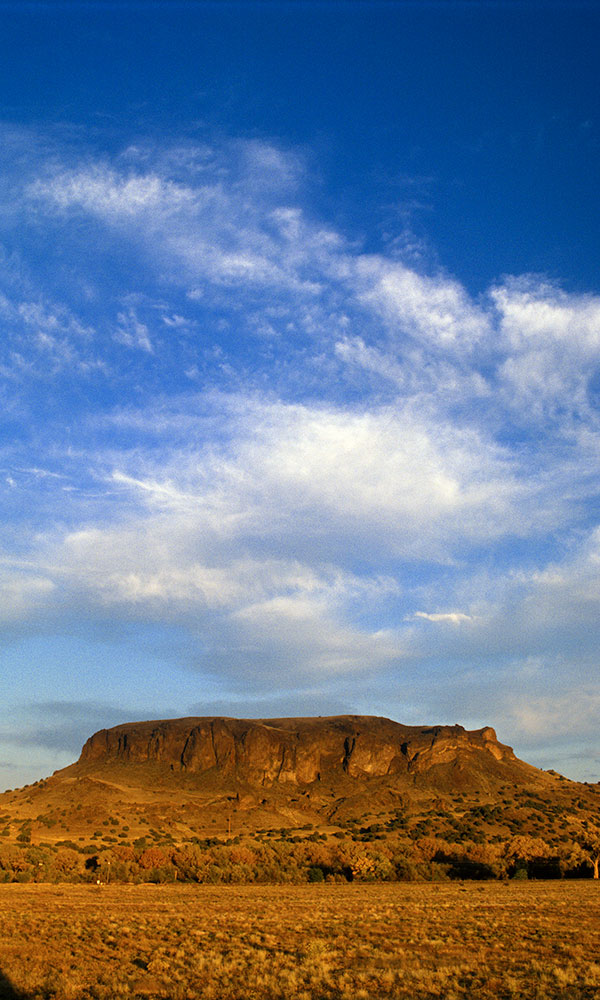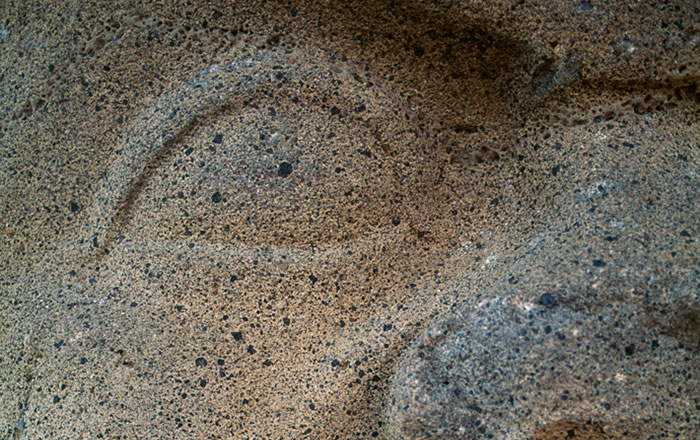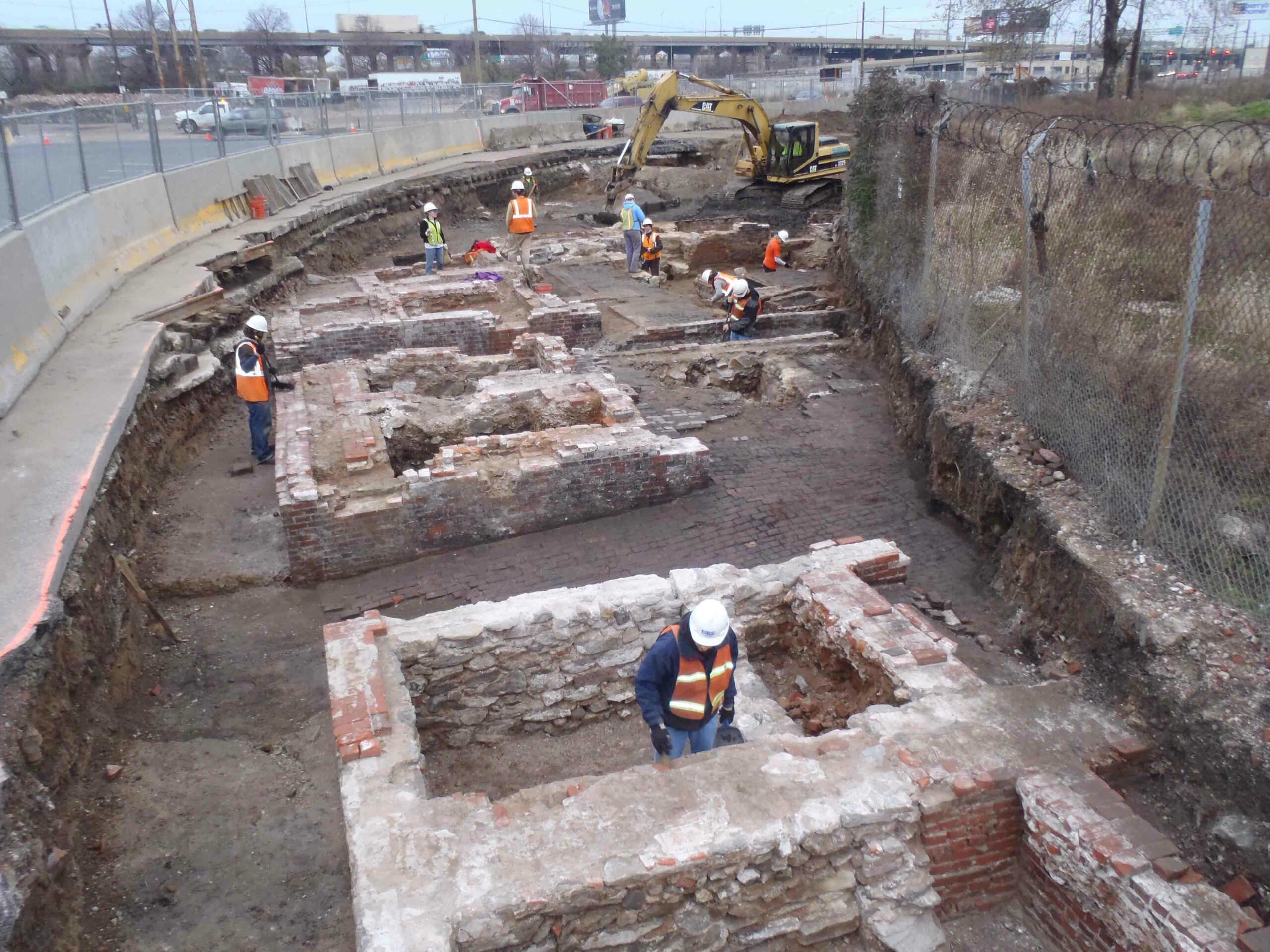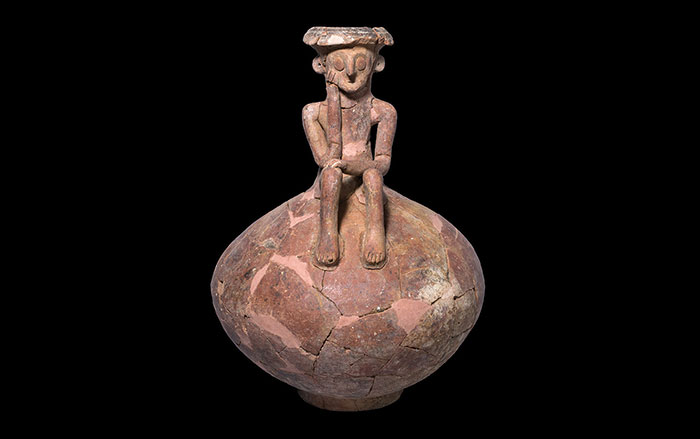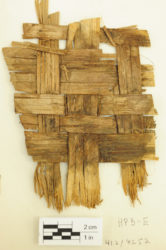
NASHVILLE, TENNESSEE—According to a report in Science, hearths, simple stone tools, the bones of land and marine animals, woven rushes, and plant remains dating back as early as 15,000 years ago have been found deep beneath Huaca Prieta, an earthen mound on the coast of northern Peru, by an excavation team led by Tom Dillehay of Vanderbilt University. Dillehay thinks the site suggests that people migrating into the New World along the coastline may have settled at the site for several thousand years before the construction of the 100-foot-tall mound of Huaca Prieta is thought to have begun, some 7,800 years ago. During the Ice Age, the earliest residents would have had access to a river valley, shallow wetlands, and coastal lagoons ideal for hunting, collecting shellfish, and trapping marine animals washed in with the tide or storm surges. Dillehay explained that such extensive knowledge of the resources available in the region’s different environments would have taken time to develop. For more, go to “America, in the Beginning.”




